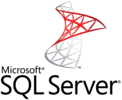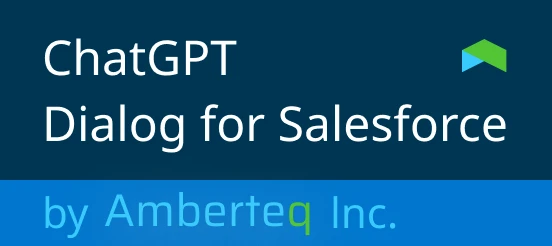Migration of a legacy desktop application to .NET Core
Client`s pains
- Recently, we have noticed a sharp decline in the performance of our system.
- Moreover, users have started to complain about obsolete interfaces.
Project size
- 11 months for realization
- Over 20-year-old code
- 100-120 GB database overload
- 900 000+ lines of code
Duration
11 months for realization
Efforts
900 000+ lines of code
01.
Description
Our client provides financial and insurance services in the sphere of healthcare. As the company wanted to expand its services which required the improvement of the functionality of the existing software, it was necessary to integrate this software into the modern system created on the base of .NET Core. As a result, two different systems (a modern and highly scalable cloud SaaS platform and an obsolete and heavy desktop app) had to work as a single whole.
The company turned to us with a view to migrating a desktop Windows Forms app to .NET Core.
02.
Solution
As soon as all business requirements were prepared, our team started the process of desktop app migration to the web.
Despite the fact that Windows Forms is a part of the .NET ecosystem, it was impossible to migrate a desktop app to the .NET Core technology without any additional changes. Different architectures, libraries, components, and tools required a lot of manual effort for achieving the desired results. We also couldn’t use automation tools for migration as the updated version had to be fully integrated into the set software structure. That’s why we decided to rewrite the legacy parts from scratch.
As each system stored and processed data in its own way, data consolidation was a rather challenging task. The desktop system contained duplicated and scattered data and we had to fix these issues.
The client’s organization managed modules that had to be integrated into a modern cloud SaaS platform. For doing that we had to understand the incomplete documentation, fill in the existing gaps, adjust UI/UX design templates in accordance with a new style, and avoid any failures.
During the whole process, we supported the first version of the app as for the company, it was crucial to continue providing its services.
03.
Summary
- As a result of our effort, operating processes have been streamlined, the tech debt has been reduced and the web version has made it possible for users to interact with an app from different platforms. It has led to an increase in return on investments and client satisfaction.
- Our client and app users say that it has become significantly more convenient to use the platform and that its accessibility has grown,
- Now the system is updated automatically and the client can enjoy the benefits of accelerated scalability of the software when it is required.




